In the ever-expanding landscape of children’s music, Kidz Bop stands as a formidable force, reshaping popular adult songs into kid-friendly tunes that have captured the hearts of both parents and youngsters alike. If your first encounter with Kidz Bop was through a trending Twitter feed, it’s likely you haven’t delved into the realm of caring for 4-to-10-year-olds over the past couple of decades. This music brand, far from being a passing trend, has not only successfully captured the attention of its target audience but has also achieved remarkable milestones, boasting over 22.5 million albums sold and accumulating over 6.5 billion streams. Surprisingly, Kidz Bop has more top 10 albums on the Billboard charts than iconic artists such as Madonna and Bruce Springsteen.
Origins of Kidz Bop: A Journey Through Music Eras
The brains behind Kidz Bop, Craig Balsam and Cliff Chenfeld, initially made their mark in the music scene as part of The ‘70s Preservation Society, selling 70s music on CDs. Their success with reissues paved the way for the birth of their indie label, Razor & Tie, in the 1990s. This indie label quickly gained recognition by releasing titles from artists that major labels often overlooked, becoming a sought-after marketing partner for major labels by the late 1990s.
Kidz Bop’s Genesis: A Response to Explicit Lyrics
The inception of Kidz Bop in 2001 marked a pivotal moment for Balsam and Chenfeld. Concerned about explicit lyrics in mainstream music, particularly from artists like Eminem and Britney Spears, the duo saw an opportunity to create a solution. Kidz Bop was envisioned as a platform where parents could rely on age-appropriate content while providing children access to popular music. The first Kidz Bop entry was released in October 2001, and the brand quickly gained popularity by offering clean versions of chart-topping songs.
Crafting Kid-Friendly Versions: A Balancing Act
Kidz Bop’s approach involves altering lyrics to maintain a child-friendly atmosphere. While not every song receives the Kidz Bop treatment, the brand relies on “common sense and good judgment” to make adjustments. Vic Zaraya, former president of Kidz Bop, emphasized the importance of preserving the song’s flow and rhythm while ensuring it remains suitable for children. Critics argue that such modifications underestimate children’s capacity to handle life lessons, but Kidz Bop’s target audience, 4-to-10-year-olds, appears forgiving.
Concord’s Acquisition and Expansion: A Strategic Partnership
In 2015, Concord and Razor & Tie formed a joint venture, Razor & Tie Enterprises LLC, with Concord acquiring 50% of Razor & Tie. This partnership facilitated the expansion of Kidz Bop, with Concord committing resources for its growth. Three years later, Concord acquired the remaining stake in Razor & Tie, solidifying its ownership of Kidz Bop. Despite speculations about changes, Concord COO Glen Barros clarified that the integration into the parent company’s structure did not signify the end of Razor & Tie.
Leadership Shifts and Continued Success: A Symphony of Growth
Sasha Junk, the Global Head of Publicity at Classic Media, joined Kidz Bop in 2009 and played a pivotal role in the brand’s expansion and collaborations. Promoted to president in 2020, Junk expressed excitement about her role and the potential for further growth. Meanwhile, the outgoing president, Victor Zaraya, assumed the position of Chief Revenue Officer at Concord, expressing confidence in Junk and her team.
Wikipedia’s Quirky Twist: A Lighthearted Moment
In mid-2022, a humorous incident occurred when content creator Elise Ecklund found herself mistakenly listed as the owner of Kidz Bop on Wikipedia. Ecklund, amused by the mix-up, shared a screenshot on social media, joking about potentially facing a lawsuit from Kidz Bop. The incident added a lighthearted touch to Kidz Bop’s narrative, showcasing its cultural impact beyond the music scene.
Conclusion: The Melodious Odyssey of Kidz Bop
Kidz Bop’s journey from altering 70s music to becoming a major player in children’s music reflects the adaptability and creativity of its founders, Craig Balsam and Cliff Chenfeld. The brand’s ability to bridge the gap between parent-approved content and children’s excitement for popular music has fueled its success. As Kidz Bop continues to evolve under Concord’s ownership, its influence on the music industry and its unique approach to making music accessible for young audiences remain noteworthy. Kidz Bop stands not just as a musical phenomenon but as a cultural force connecting generations through the universal language of melody.

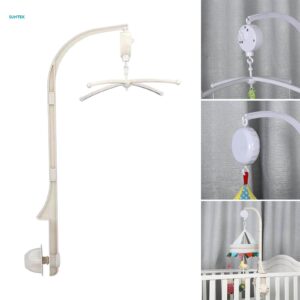






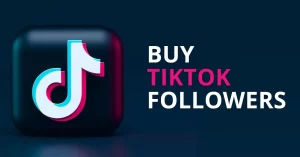
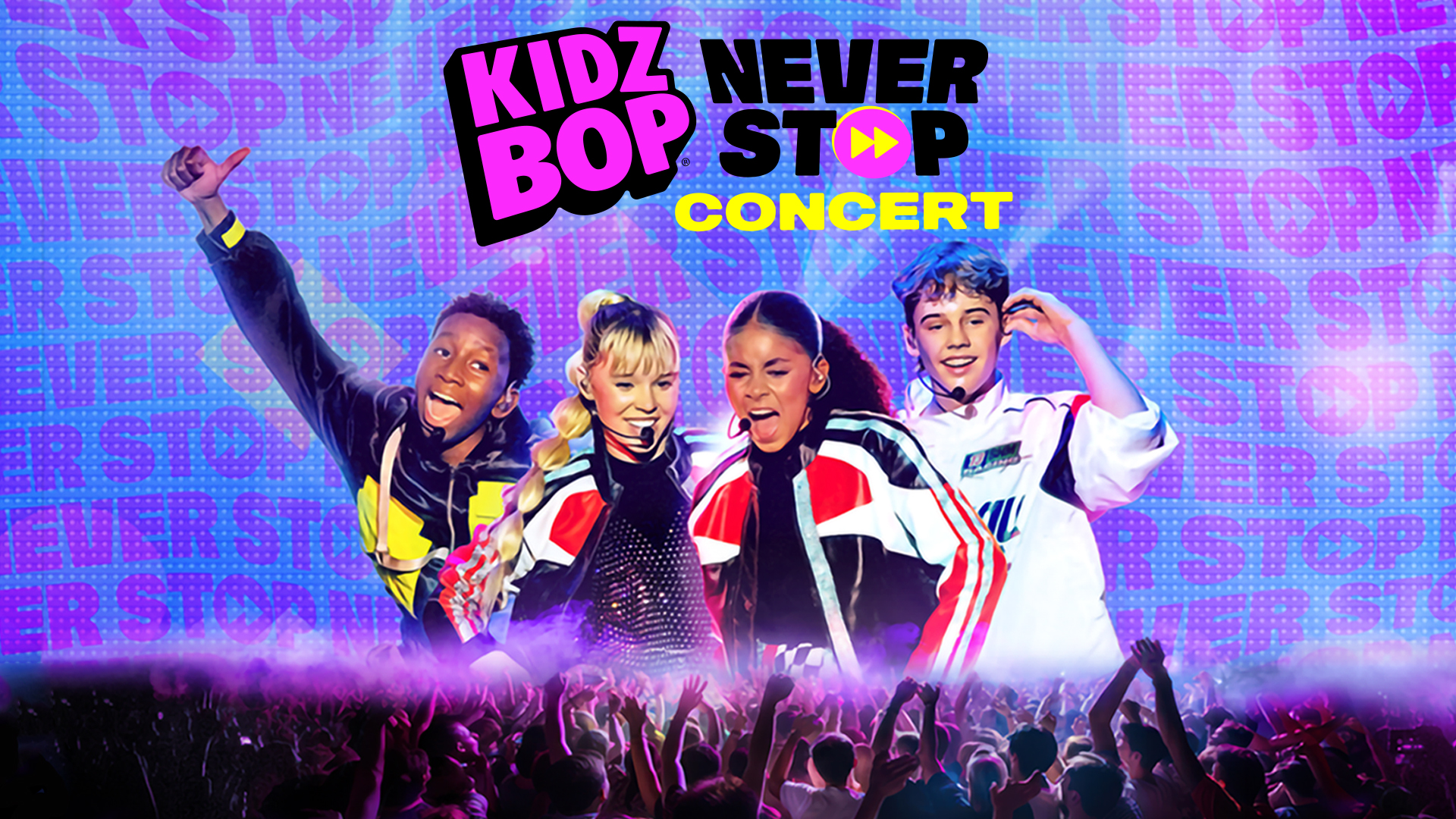
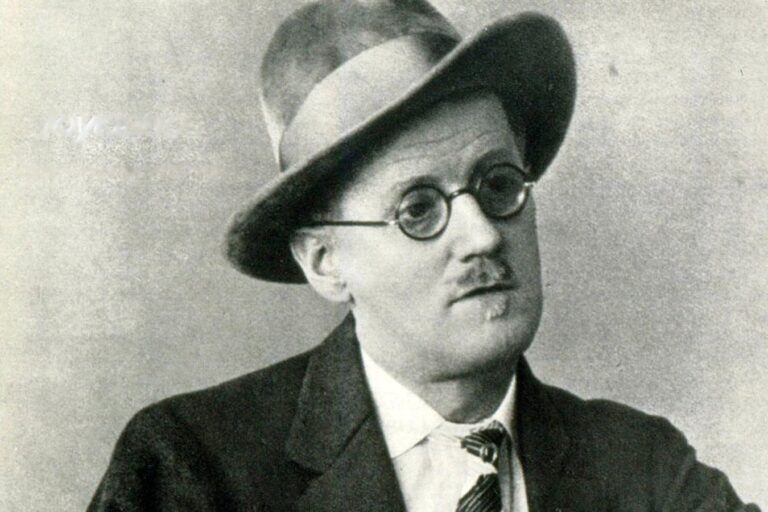
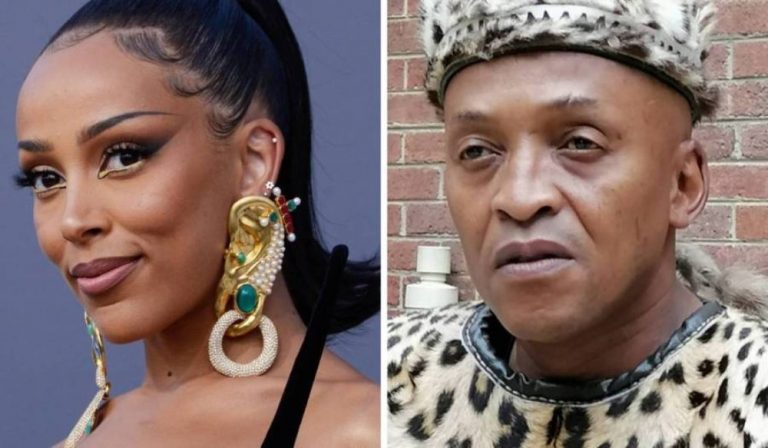
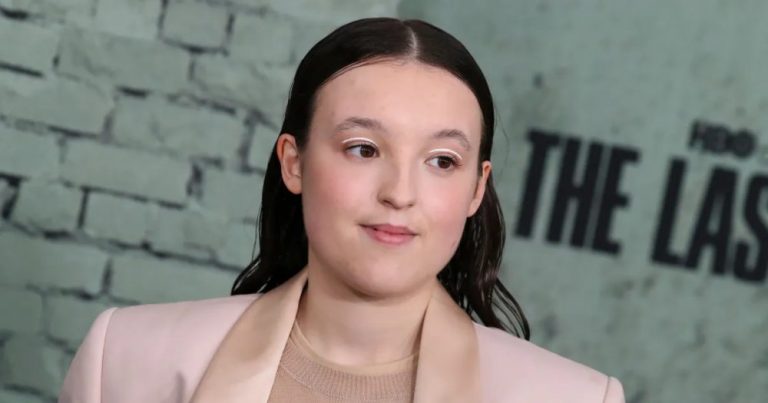

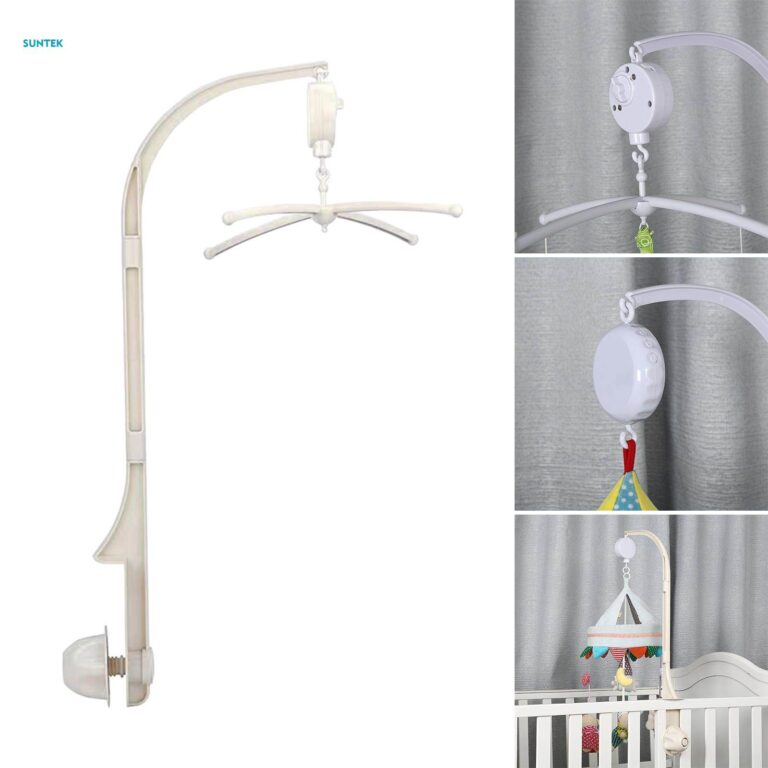

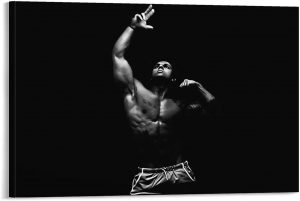
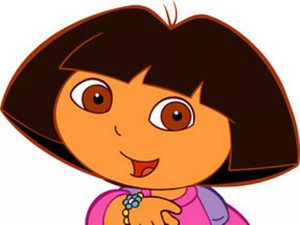





+ There are no comments
Add yours